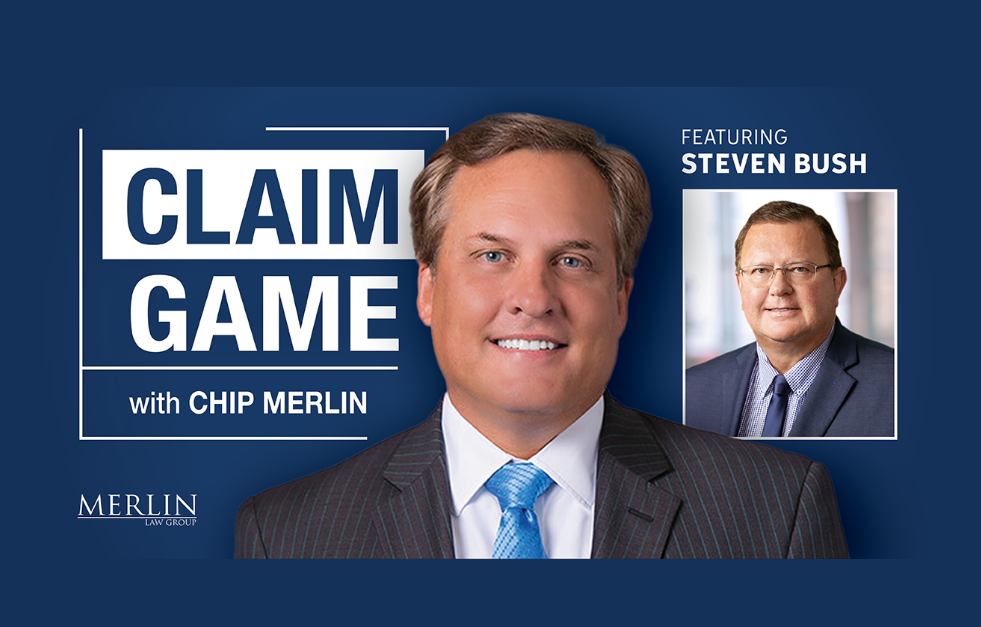On October 26, 2012, I touched upon Examinations Under Oath (“EUO”). On June 19, 2009, Chip Merlin also touched upon EUOs. This post expounds upon both posts by responding to pointed questions we recently received in response to Chip’s June 19, 2009, post: (1) Why are some people chosen for EUOs? (2) Should I have an attorney present at the EUO? (3) What type of information is requested? (4) How long after the EUO until I get my check?
As for the first question, an EUO is supposed to be an investigation tool by which the insurance company learns more about the substance of your claim. I submit that EUOs (and any other kind of investigation tool for that matter) should not be employed by insurers merely because the insurance contract so entitles – investigation tools should only be employed by insurers if there is actually something questionable about a claim. Unfortunately, EUOs are requested for different reasons: (1) For the insurer’s counsel to make a few bucks. (2) As part of the insurer’s war of attrition against the insured. (3) Ethnocentrism. As noted in my post and Chip’s post, the insurer’s right to conduct an EUO is contractually prescribed. Some insurance contracts require only the named policyholder to submit to an EUO, while other insurance contracts require certain policyholder representatives to submit to EUOs. So, you just have to carefully read your insurance policy to determine who is subject to an EUO.
As for the second question, I echo Chip’s June 19, 2009, sentiments: “Policyholders going into examinations under oath should hire counsel. It is a serious proceeding with significant legal consequences.”
For the third question and as noted in Chip’s June 19, 2009, post, you will likely encounter a couple hours worth of bogus questioning at the start of the EUO. I am with Chip on that one – unless there is some woefully egregious question posed by an insurer during an EUO, just deal with the fluffy questioning that precedes substantive questioning. As for what is going to be asked of you after you endure the fluff, well, I have to punt on that … it all depends on the facts of and issues surrounding your claim. This is why we recommend hiring an experienced attorney. The attorney will not just be helpful in defending you at the EUO, an attorney will help prepare you for the EUO. The attorney, if he or she is doing his or her job, understand your claim and identify likely points or topics of interest from the insurance company’s perspective. The attorney will then, if he or she is doing his or her job, discuss these likely points or topics of interest with you in advance of the EUO.
As for the fourth question, it really depends on a multitude of things and varies from claim to claim. Quite simply, some claims are more complicated than others and insurers might legitimately require more than an EUO transcript in order to render a coverage determination. Some insurers are more adversarial than others and will drag things out for the sake of dragging things out (goes back to the war of attrition). Some insurance company attorneys will drag things out in order to bill more. Some insurers are outcome-oriented from the start and will work oh so hard to unearth grounds for claim denial rather than claim approval. But all of this said, here are some things I have observed over the years: (1) The more prepared you are heading into an EUO, the quicker your claim is usually paid after the EUO. (2) The more cordial you are during an EUO, the quicker your claim usually is paid after the EUO. (3) The more forthright you are during an EUO, the quicker your claim is usually paid after the EUO. (4) If you are accompanied by an attorney at an EUO, the quicker your claim usually is paid after the EUO. (5) The quicker you are able to schedule an EUO, the quicker your claim usually is paid after the EUO.
To read previous posts in my series on insurance policy conditions, click here.



